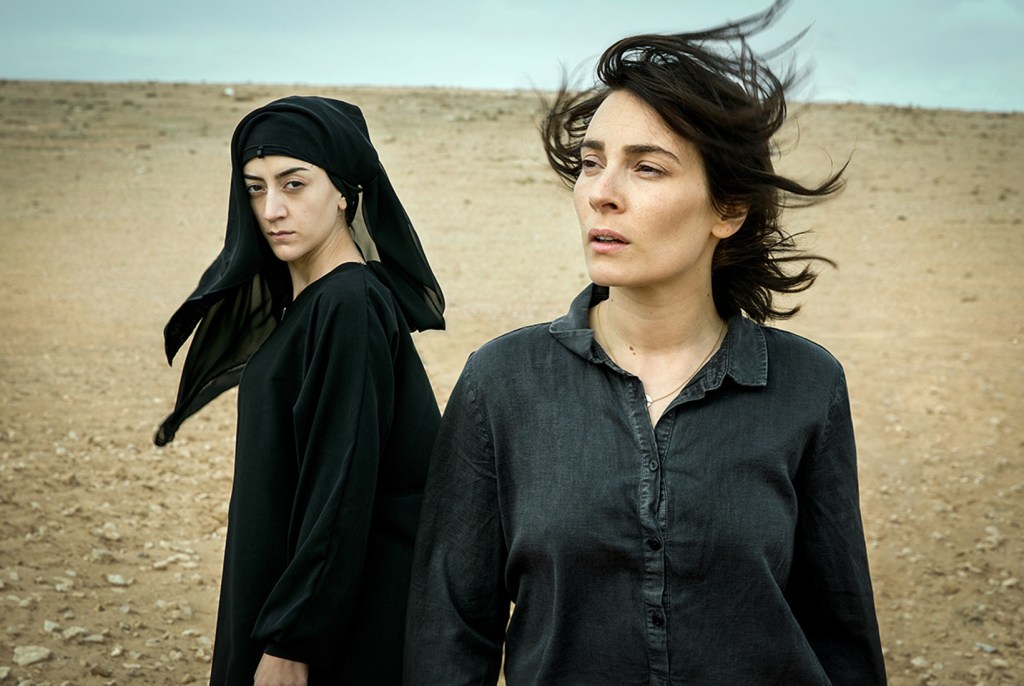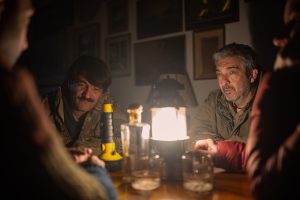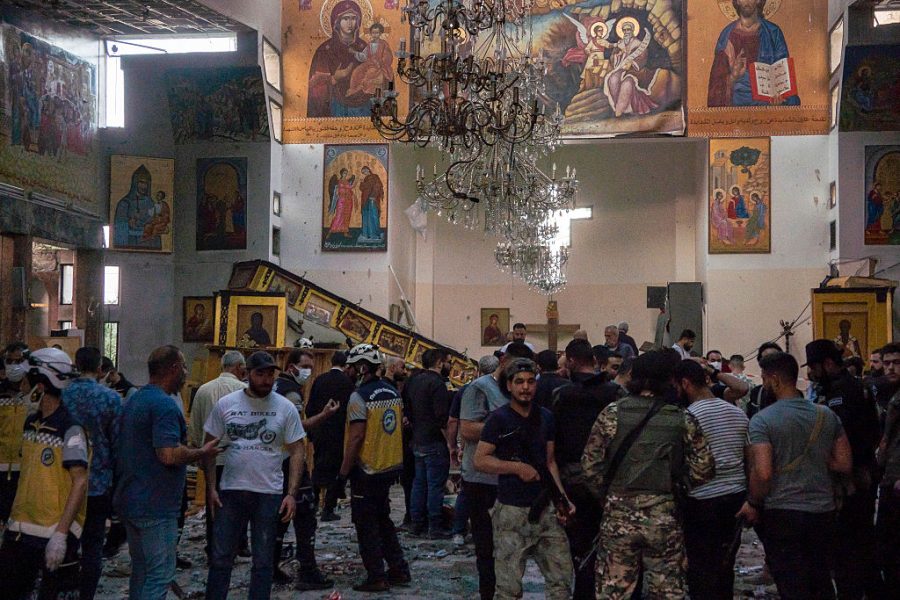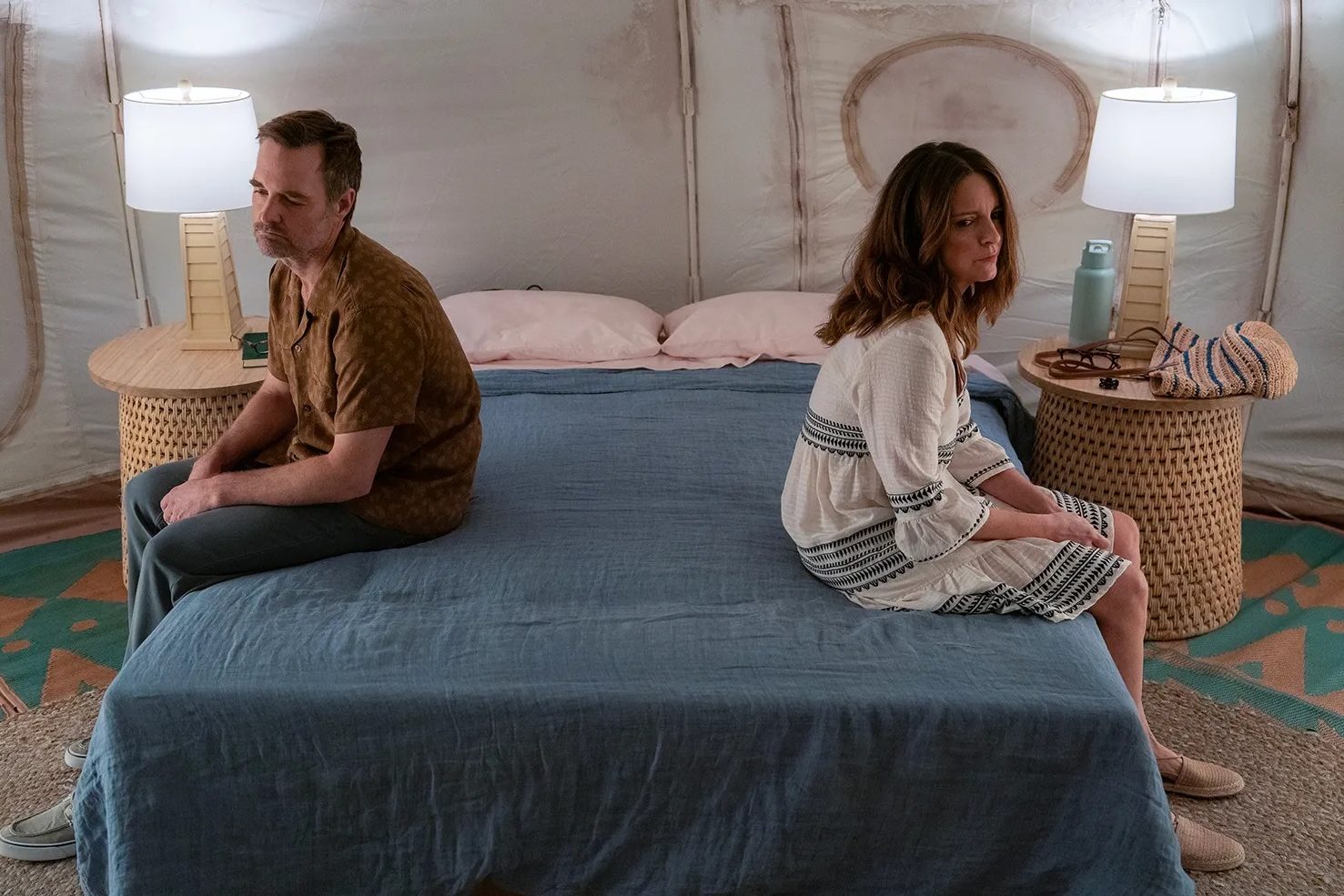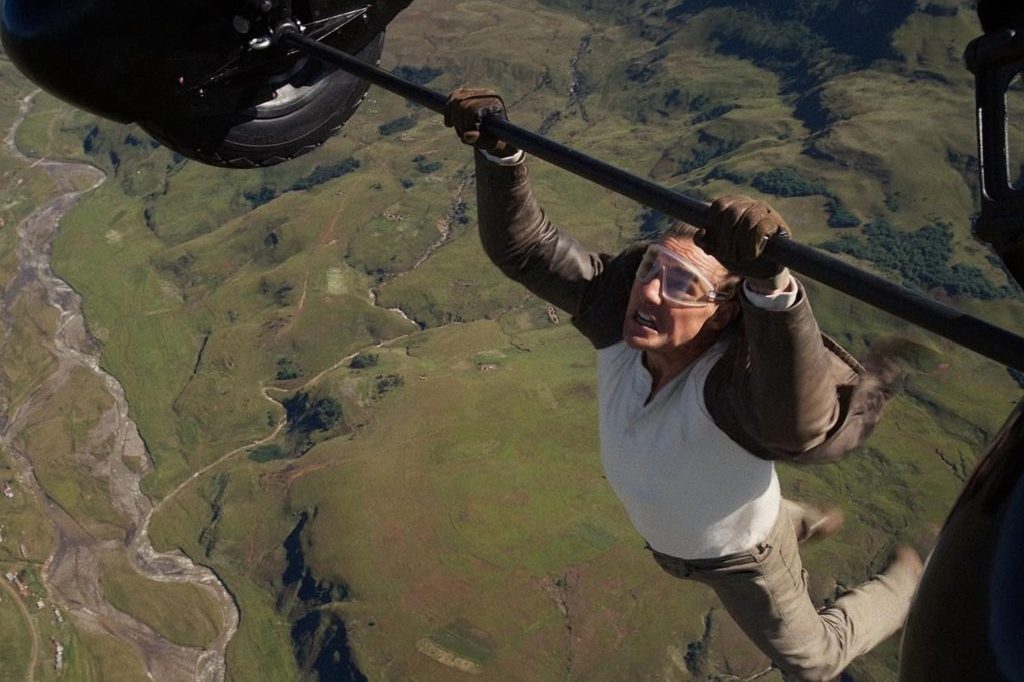Sweden is now properly celebrated as the Land that Called Coronavirus Correctly. But in the distant past, those with long memories may recall, it had a less flattering reputation as the Land Absolutely Ruddy Swarming With Jihadists. Caliphate — an eight part Swedish-made drama on Netflix — takes you back there in vivid and compelling detail.
Partly, it’s an edge-of-seat thriller about a major terrorist attack on Swedish soil —from its conception in Isis-held Raqqa to its execution (or its foiling by the security services: I haven’t got there yet so I don’t know) by a mix of radicalized locals and hardened Isis killers flown in from Syria. Partly, it’s a fascinating and plausible depiction of what it’s like to be a Muslim immigrant in Sweden and how easy it is to be led astray.
Don’t worry: this isn’t some kind of hideous, liberal-left Scandinavian apologia for Islamic terrorism. The Isis jihadists we meet in Raqqa are misfits, losers and psychopaths getting off on legitimized rape, licensed misogyny and ultraviolence; their sympathizers in Sweden are sinister, cynical and devious. But still, you understand why and how they attract recruits such as Pervin, the sweet Turkish-Swedish Isis bride we first meet in Raqqa dearly wishing she could escape. Then an opportunity presents itself when a friend passes her an illicit phone and she speaks to Swedish intelligence.
They are almost too tense to watch, the scenes where, to try to save herself and her baby, Pervin has to spy on her husband’s Isis terror cell — riffling through his notebook; trying to get into his laptop when he’s half asleep, then suddenly wakes from a nightmare about the atrocities he’s witnessed; whispering into a phone (‘Who were you talking to?’) — when discovery would result in an almost instant death sentence, probably by decapitation.
And what makes it even more agonizing is the clearly well-researched verisimilitude — everything from the swaggering insouciance of the jihadis as they sit in a Raqqa internet café, pointedly not taking cover from a drone attack, to the seductive techniques of Ibbe, the cool, down-with-the-kids teacher’s assistant at a Muslim high school in Sweden, who is secretly an Isis recruiter.
Ibbe feeds like a vampire on the bolshiness, insecurity and emotional vulnerability of teenage girls, honing their sublimated lust for him into fanatical religious zeal. Normally this would just be a passing phase, but because they’re Muslims in the land of the kuffar, Ibbe can weaponize this hormonal rebelliousness and resentment. His antennae are attuned to spotting promising candidates: one has a drunken, abusive father traumatized by fighting in Chechnya; another is incensed by her parents’ apathetic secularism, which she considers an affront in a world where Muslims are so monstrously oppressed. Ibbe helpfully provides a few web links to sites of further interest, such as one — with an American voiceover just like you’d hear on normal US documentaries —explaining that 9/11 was a plot by Israel and the US designed to advance their mission to subjugate the entire Islamic world. It’s all frighteningly plausible.
The obvious companion piece to Caliphate is Fauda, now in its third season and reminding us again of that near-infallible rule: the only decent drama on TV these days is the stuff you have to watch with subtitles.
Being Israeli and being written by (as well as starring) ex-undercover operatives in the Israel Defense Forces it doesn’t pull its punches and tells it like it is. Or at least how it ought to be: all the female characters seem to be quite improbably hot, and the boys get away with the kind of sexist banter they’d never be permitted on English-speaking TV, unless in order to be slapped down by feisty, superior-in-every-way womenfolk.
The plotlines in all three seasons are variations on the same theme: Palestinians sucked inexorably into violence either to avenge relatives, to satisfy atavistic hatred of the Jew or because they’ve been bullied into it by the stone-cold death cultists of fundamental Islam. It’s depressing but probably true — most of them, Jew and Arab alike, would much rather just get on with their lives but are trapped in an endless cycle of violence.
What I love best about Fauda — apart from the character of Doron (Lior Raz) who reminds me so uncannily of me — is the atmosphere and sense of place: the chain-smoking, the endless glasses of tea and coffee, the minutiae of each operation (the sports bags containing all their weaponry; the clothes and mannerisms they adopt in order to pass as Palestinians; the way they stake out the site with observers and a sniper on overwatch). It all just feels so real and so right and makes me so desperate to see Israel when all this lockdown nonsense is over.
This article was originally published in
The Spectator’s UK magazine. Subscribe to the US edition here.



